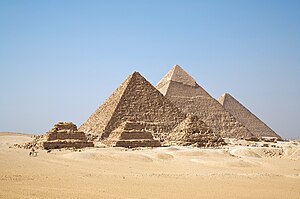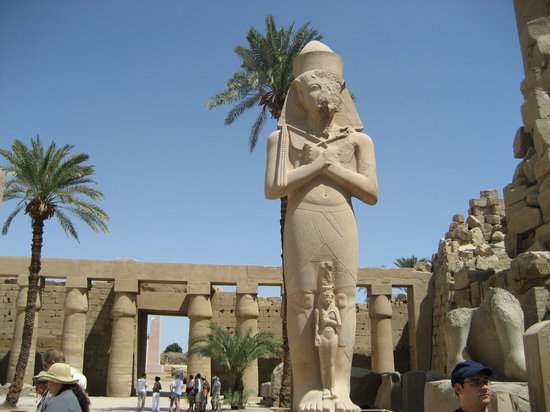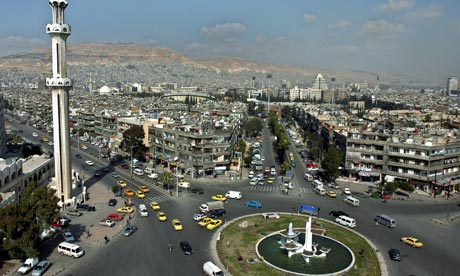The older generation of the Middle East is a pretty broad topic that has the potential of being elaborated upon for a very long time and I like the older generation of the Middle East. The age of the people around my grandparents maybe or something like that is the generation I am really interested in. For example they all have stories of their past. In fact, I find it really odd that they are able to still recall. Nonetheless, it is always interesting to just sit down with the older people and just listen to them talk.
Their style of talking is also really unique. It is like they are always narrating something like a story or something. The dramatic touch they always add to their speech is interesting and I find it difficult to do it myself. Also when older people get together and start talking it is more interesting than watching something on the television or something.
The older generation is also unsure of the features of the newer generation. For instance they don't like their music, their outfits, and their hair. There are plenty of other things that the older generation just looks down upon however I can't seem to remember it at the moment.
The main thing that the older generation has to offer is their idealistic approach to things. They are not materialistic (at least the vast majority of them aren't) and they also are really don't seem to think at all about their nation. Some of them have been living in the terrible governments for a very long time and they all seemed to enjoy the Arab Spring (the simultaneous revolutions that occurred throughout the Middle Eastern nations) very much.
I like the fact that the older people still showed support for the Arab Spring because they seem like they still have to have a hand in fixing up their nation.
The older generation's features of music and clothing and so on is something that they still use until today. Even though they have been introduced to the newer and more modern outfits and music yet they still like their older music and they don't like what the newer generation is into itself.
Older generations have get plenty of respect from the younger generations. You will often see a younger child helping out an older person. It is really nice to see the respect being exhibited to the older people.
Their style of talking is also really unique. It is like they are always narrating something like a story or something. The dramatic touch they always add to their speech is interesting and I find it difficult to do it myself. Also when older people get together and start talking it is more interesting than watching something on the television or something.
The older generation is also unsure of the features of the newer generation. For instance they don't like their music, their outfits, and their hair. There are plenty of other things that the older generation just looks down upon however I can't seem to remember it at the moment.
The main thing that the older generation has to offer is their idealistic approach to things. They are not materialistic (at least the vast majority of them aren't) and they also are really don't seem to think at all about their nation. Some of them have been living in the terrible governments for a very long time and they all seemed to enjoy the Arab Spring (the simultaneous revolutions that occurred throughout the Middle Eastern nations) very much.
I like the fact that the older people still showed support for the Arab Spring because they seem like they still have to have a hand in fixing up their nation.
The older generation's features of music and clothing and so on is something that they still use until today. Even though they have been introduced to the newer and more modern outfits and music yet they still like their older music and they don't like what the newer generation is into itself.
Older generations have get plenty of respect from the younger generations. You will often see a younger child helping out an older person. It is really nice to see the respect being exhibited to the older people.





























